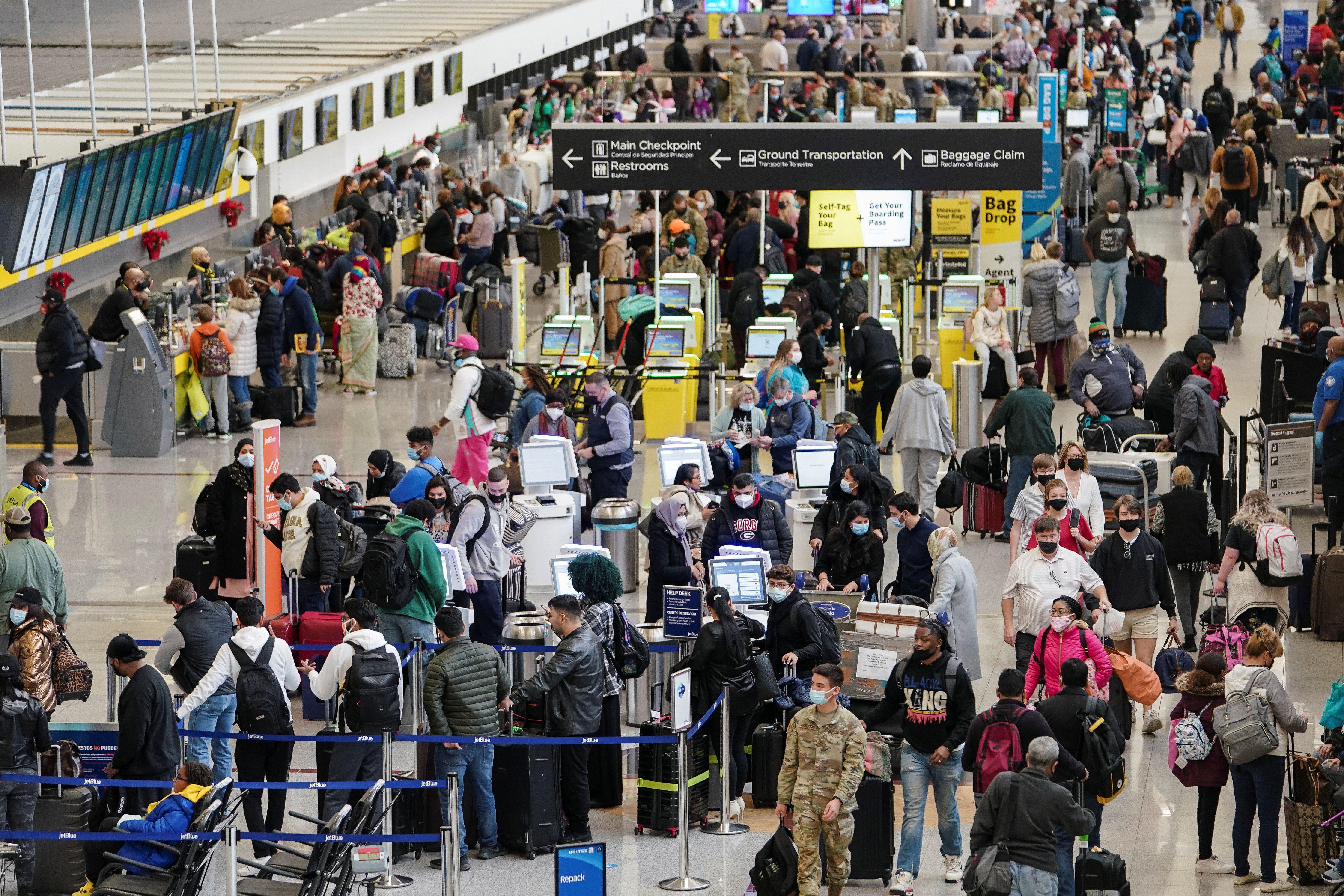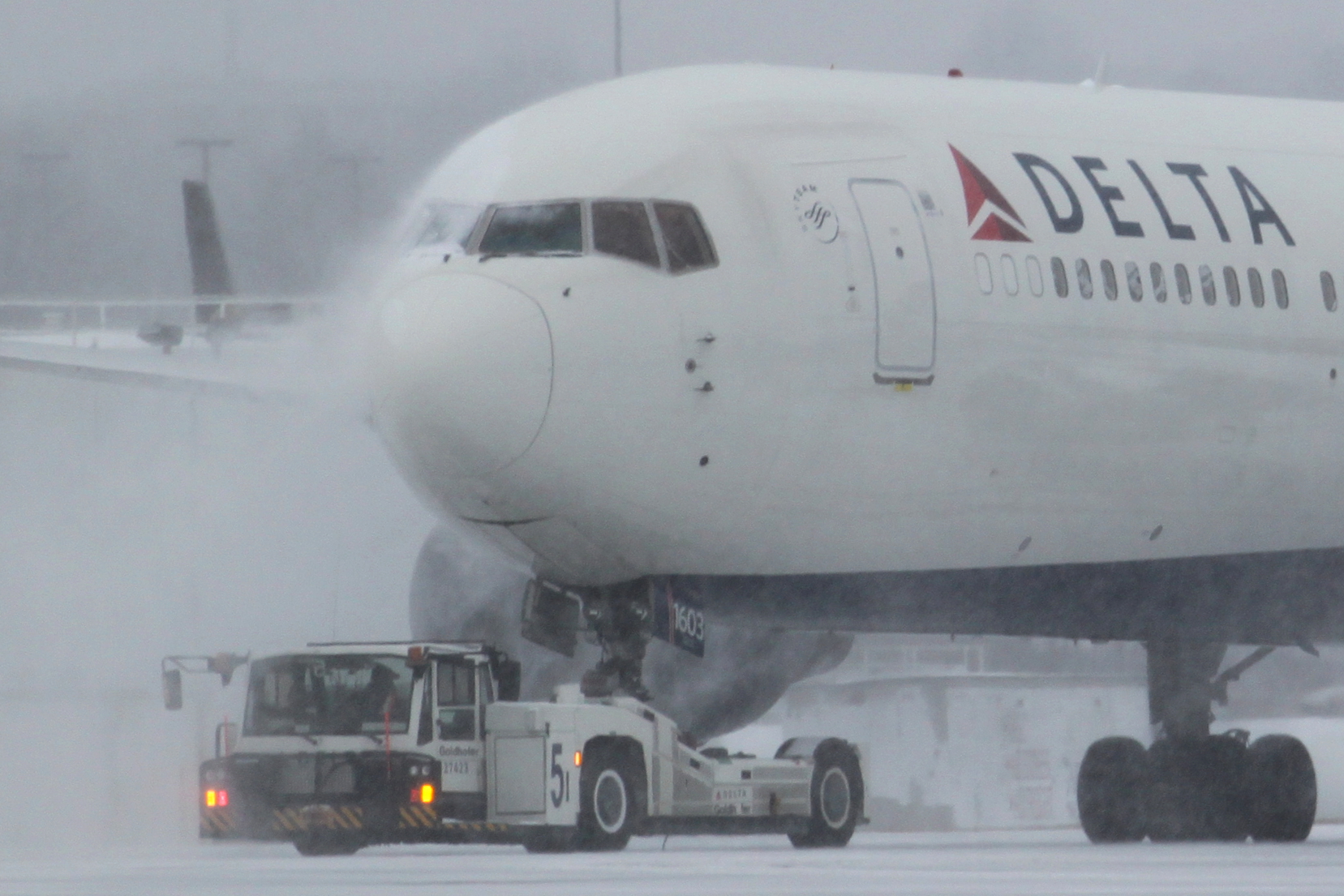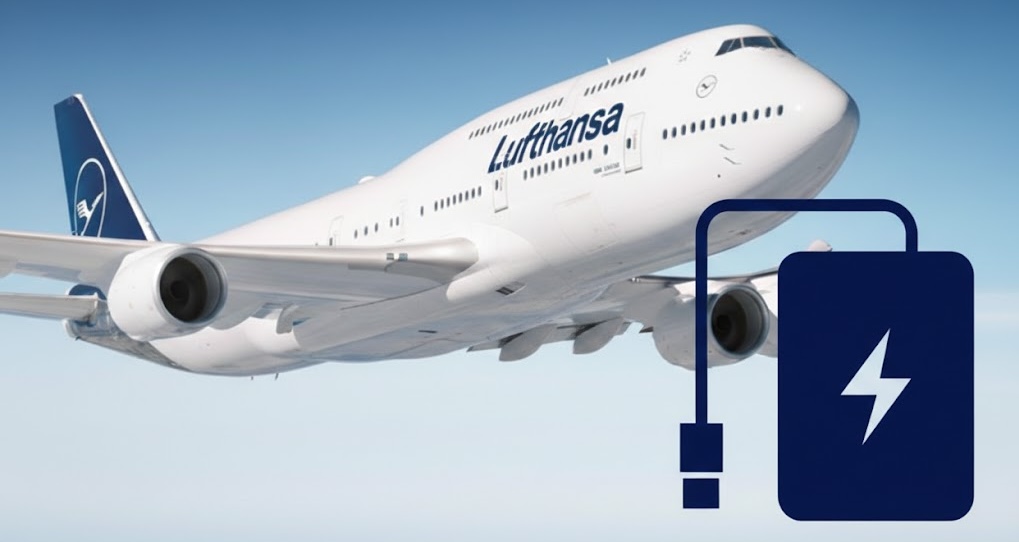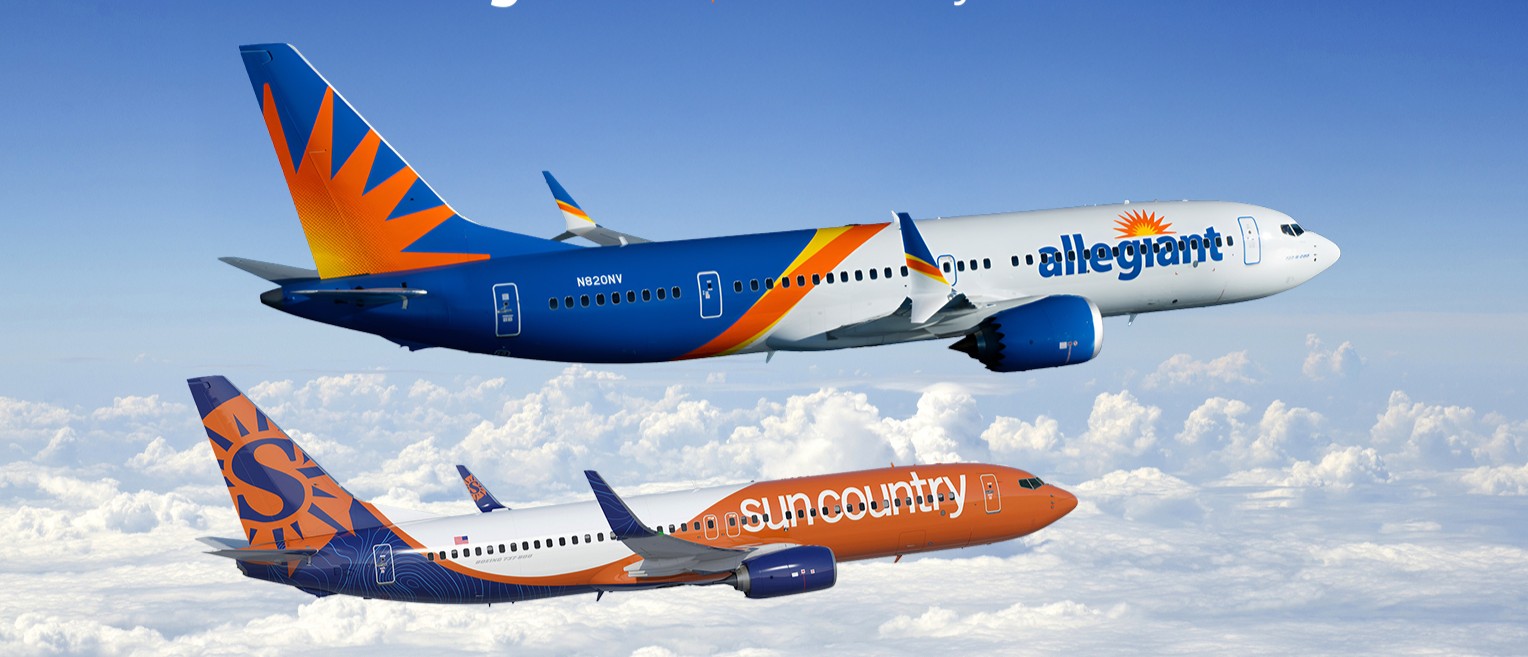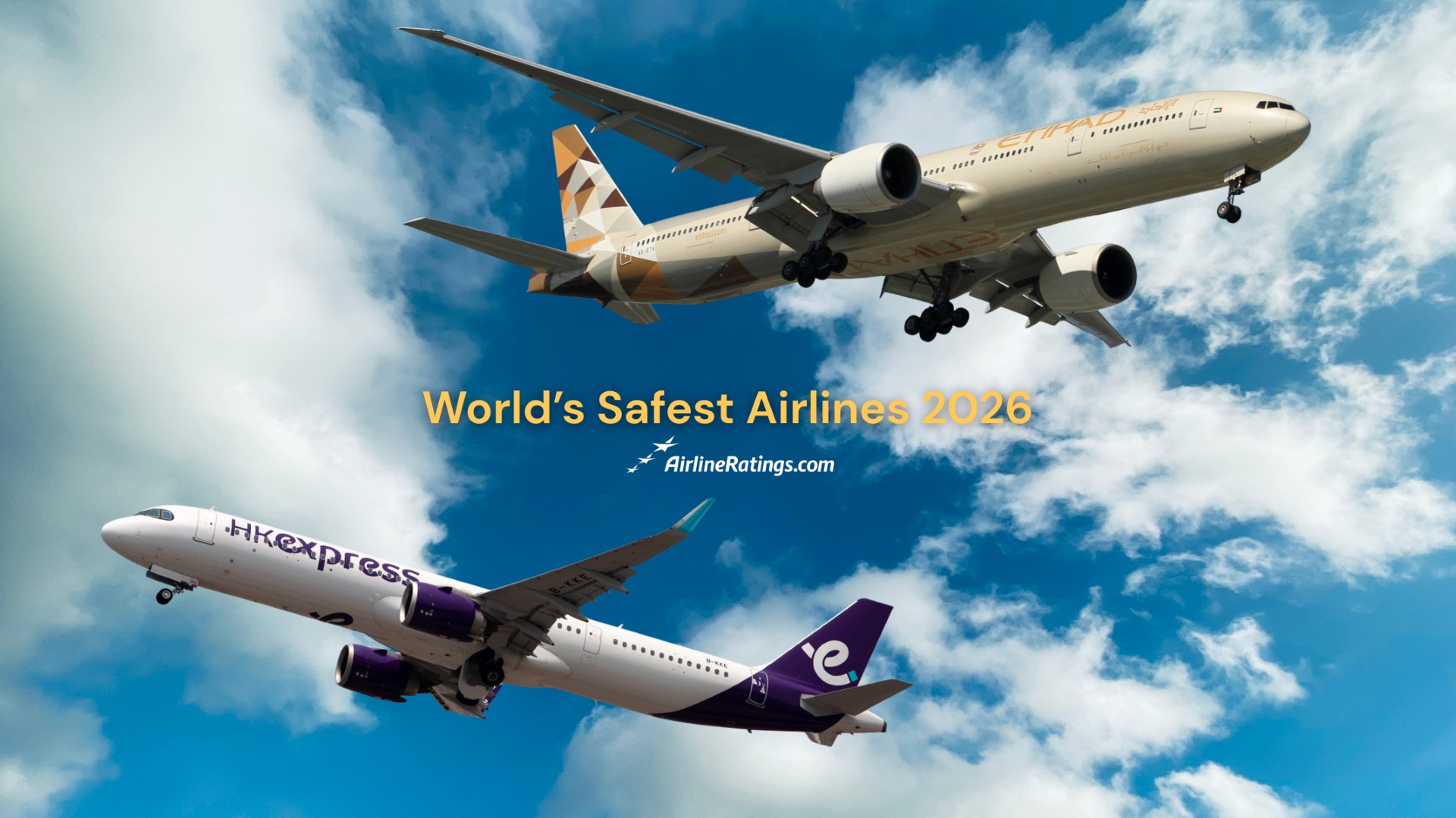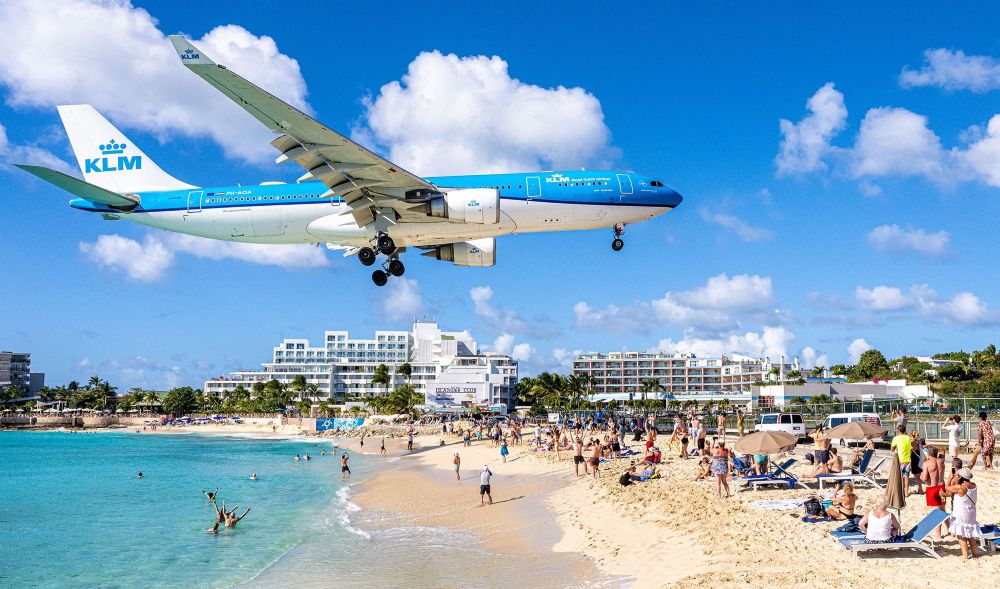Enrolments are now open for the Qantas Group Safety Academy.
The new partnership with Griffith University and RMIT University is designed to enhance safety leadership and expertise across multiple industries, including aviation. The academy will offer a series of micro-credentials focused on key areas in vital areas including safety culture, risk management, data management, and human safety factors like sleep and fatigue management, something that has been at the root of far too many accidents globally.
Drawing on Qantas’ extensive operational experience, the program aims to equip professionals with practical and transferrable safety skills, preparing them to lead safety initiatives in complex and high-stakes environments.
Qantas has built a reputation as one of the world’s safest airlines, consistently earning a seven-star safety rating and ranking among AirlineRatings’ Top 5 Safest Airlines globally. Its long-standing leadership in aviation safety is underpinned by rigorous pilot training, a comprehensive safety management system, and a deep-rooted culture of innovation and safety reporting that continues to set industry benchmarks.
Qantas Group CEO Vanessa Hudson said Qantas was proud to be sharing its more than 100 years of operational experience to inform safety training that will upskill Australians.
“We’re incredibly proud to be leading this Australian-first initiative in partnership with Griffith University and RMIT University. The lessons we’ve learned about safety culture, risk management, and human factors have been refined over decades of operation in one of the world’s most safety-critical industries,” Ms Hudson said.
“These principles are universal, whether you’re working in aviation, healthcare, mining, or any other industry. By establishing the Safety Academy we’re committed to helping develop the next generation of safety leaders who understand that safety isn’t about compliance, but about creating a culture where people are empowered to lead, innovate, and look out for one another.”
The programs are designed to support safety leaders across all industries, particularly those operating in high-reliability sectors such as logistics, mining, and healthcare. The Qantas Group Safety Academy aims to be inclusive and accessible, welcoming anyone with a passion for safety whether they are just beginning their career, seeking to transition into a safety-focused role, or already working in the field and looking to expand their expertise.
Micro-credentials offered by RMIT University
Human Factors in Safety 1: Cognitive Performance
This builds the foundations of human cognition, perception and system interaction so you can design safer systems and prevent incidents before they happen. Using real-world incident analysis and models trusted by Qantas, you’ll leave equipped with practical strategies to identify risks early and implement improvements that lead to safer, stronger outcomes across any high-risk industry.
Human Factors in Safety 2: Social Aspects of Human Performance and Systems
Explore the behavioural, social and organisational factors that influence performance in safety-critical environments. From leadership blind spots and communication breakdowns to team dynamics and workplace culture, you’ll learn how these forces shape reliability and resilience in high-risk settings.
Managing Risk 1: Foundations of Risk Analysis and Management
You’ll learn how to identify hazards, evaluate risks, implement practical controls and communicate your decisions clearly across all levels of an organisation. Drawing on case studies and approaches trusted by Qantas, you’ll develop the skills to make defensible, evidence-based decisions that reduce exposure and build resilience.
Managing Risk 2: Project Feasibility and Risk-Informed Decision Making
You’ll work with advanced tools like bowtie, fault-tree and event-tree analysis, the same techniques used by Qantas to evaluate complex aviation operations and apply them to real-world case studies.
Micro-credentials offered by Griffith University
Ethical Safety Leadership
This covers WHS fundamentals, legal compliance in aviation, psychosocial risks, industrial relations, safety ethics and just in culture leadership.
Safety Principles and Culture
Learn about the principles of Safety Science, human factors, organisational culture, and resilience, aimed at improving safety leadership and practices. The micro-credential is divided into six (6) comprehensive modules, each exploring critical elements of safety.
In 2026, an additional eight will be added to the list, with further plans for growth in the future.
Head over to this link for more information
Have questions or want to share your thoughts?



